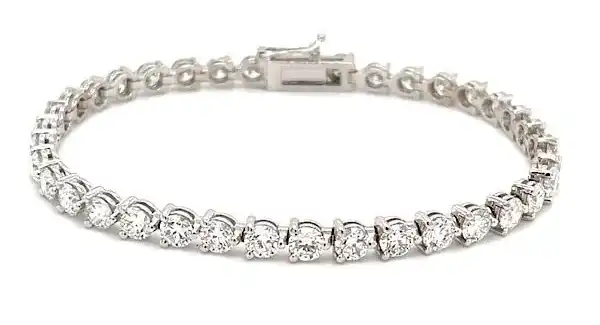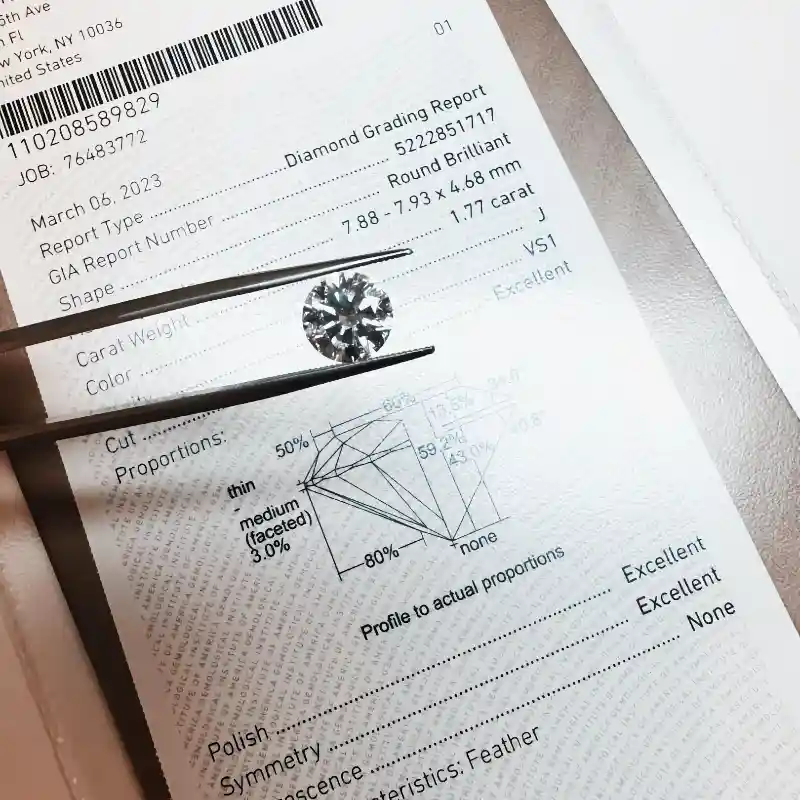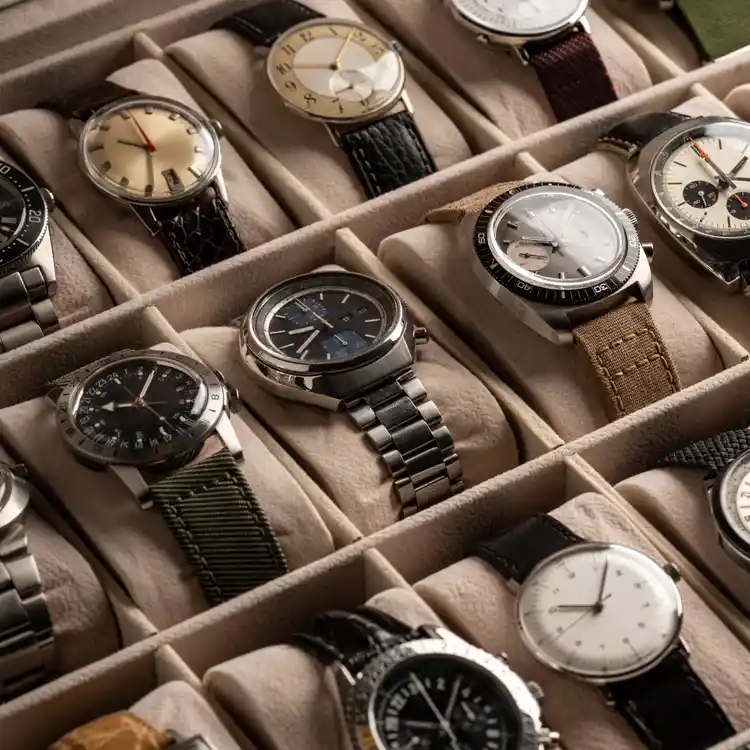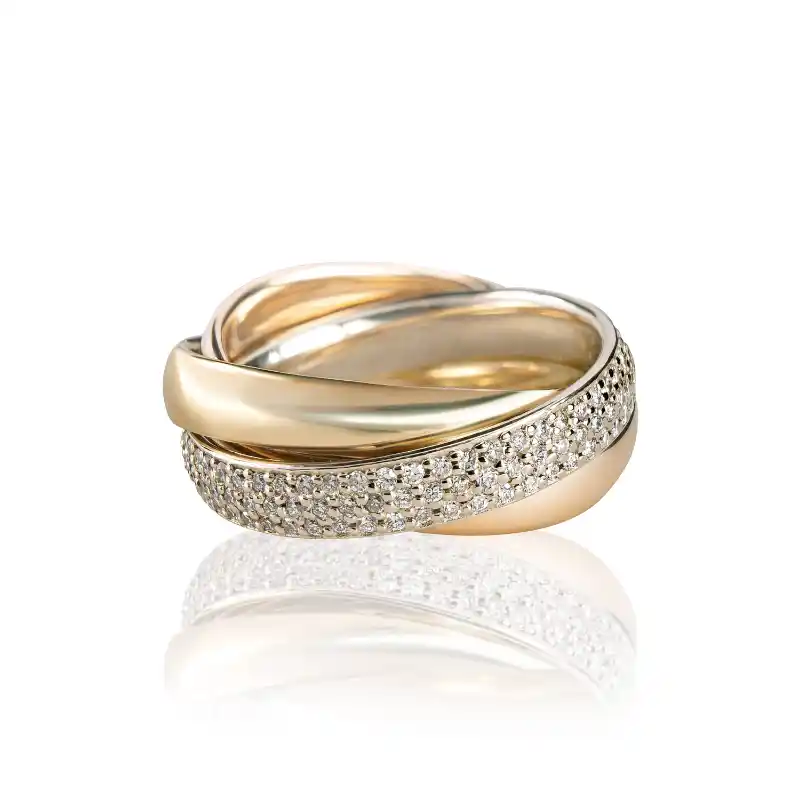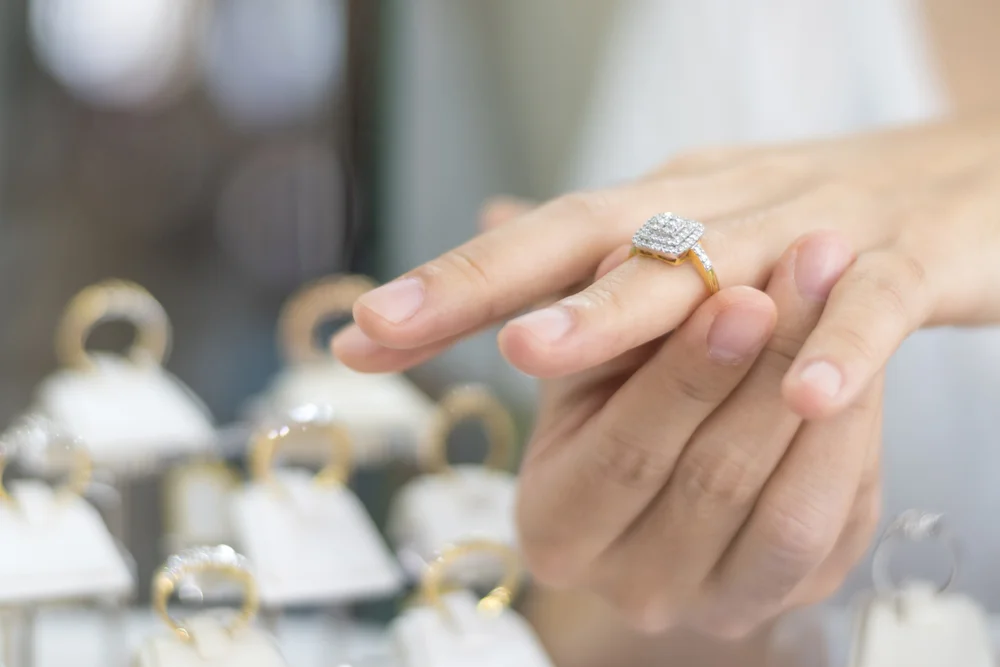
Test Recycled Diamonds, Offer As Design Option & Extension Of The Estate Case
Over the past couple of years fashion-minded shoppers have placed an even bigger emphasis on sustainability, with fine jewelry topping their wish lists. In particular, recycled diamonds are becoming increasingly important for jewelers, as the global diamond-mining yield continues to diminish, reports Women’s Wear Daily (WWD) in August 2021.
The popularity of recycled diamonds has increased dramatically since the pandemic, with many engagement ring shoppers asking for recycled stones. Jay Moncada, owner of Perpetuum Jewels, told WWD that before the pandemic four out of 10 engagement ring shoppers inquired about recycled diamonds, and now that number is closer to seven.
Jeweler Jean Prounis of Prounis Jewelry told WWD that 100% of her custom engagement ring clients have requested recycled stones. “These diamonds are being reset over and over. It’s nice to work with what already exists — it also goes to show why diamonds are so special. If a material like a diamond can retain its value for hundreds of years, that is true luxury.”
Even the Natural Diamond Council (NDC), an entity formed by the world’s largest diamond mining companies to promote the value of natural diamonds, endorses the recycled diamond trend. For NDC, it reinforces the value of buying a naturally sourced diamond over lab-grown stones or other stone options.
“People are looking for things that are sustainable and not disposable,” NDC CEO David Kellie told WWD. “Supporting recycled diamonds plays to the long-term viability of the diamond proposition.”
Offer the Option
By offering recycled diamonds as a custom design option, jewelers can test the market, shares Benjamin Burne, CEO of White Pine Wholesale. As a leading supplier of recycled diamonds, White Pine makes it easy to order on demand recycled diamonds repurposed to meet modern diamond cutting standards, from melee to popular center stone sizes.
“Our natural recycled diamond melee is perfect for jewelry production, custom jobs, and repair needs,” shares Burne. “Committed to being recyclers of natural diamonds, we buy exclusively from the trade and then repurpose and redistribute back to the trade. To ensure the quality and consistency of our goods, we recut our recycled diamonds to restore manufactured quality to VG+ makes.”
Moreover, to assure customers that the recycled diamonds in its inventory are 100% natural diamonds, White Pine conducts testing at several points throughout the process, using De Beer’s Synth Detect before redistributing.
Burne notes that all of White Pine’s certified diamonds are natural recycled diamonds, with the vast majority recut using the latest diamond cutting technology to produce GIA Triple Excellent cut. “We have a constantly changing list of GIA diamonds that sell very quickly,” he says, which are available for immediate purchase or on memo.
If jewelers do not wish to invest in inventory, they can source recycled diamonds as needed for semi mounts and custom work. While diamond trading platforms like RapNet are including a category for recycled diamonds, not many people are listing,” says Burne. White Pine — serving custom jewelers, designers and small manufacturers for over a decade — has the inventory in stock to be a reliable source for this sustainable option. “It’s a big part of the service we offer.”
Investing in essential diamond jewelry set with recycled diamonds is another way to test and expand the market. Burne says jewelers can supplement their estate jewelry cases with recycled diamond classic styles, which White Pine offers. He also notes the supplier can assist jewelers in organizing a trunk show of recycled diamond classics and estate jewelry.
More Attention to Recycling
Kristina Buckley Kayel, the NDC’s managing director for North America, told WWD that “the idea of recycled diamonds has been prevalent for some time, but now that younger consumers have appreciation for customization, uniqueness and are more educated, brands that cater to them are putting a focus on it.”
While we haven’t seen many retailers marketing recycled diamonds directly to consumers, Burne believes the time is now for jewelers to incorporate this sustainable choice in their offerings to capture new consumers and market share. Recycled diamonds have a great story to tell that is definitely exciting to a growing portion of the community.
“The advantage of recycled diamonds is that consumers are getting a mined diamond, but because it is being repurposed, it’s better for the planet than extracting a new stone,” says Burne. “Recycled diamonds also use less energy than lab-grown diamonds, guaranteeing the lowest ecological impact. And, you can feel good about the origin. The recycle message is a sales advantage.”
Moreover, recycled diamonds are competitively priced, with the vast majority re-cut to very good and excellent makes. Recycled diamonds are a compelling resource for jewelers especially given the current state of disruption in the diamond market.
The more that jewelers market recycled diamonds the more consumers know that they have another, sustainable choice.









